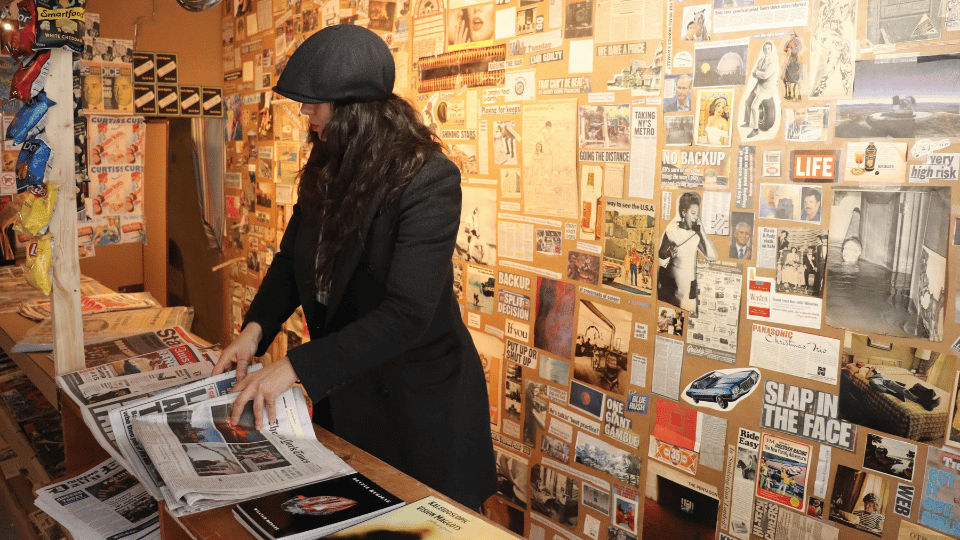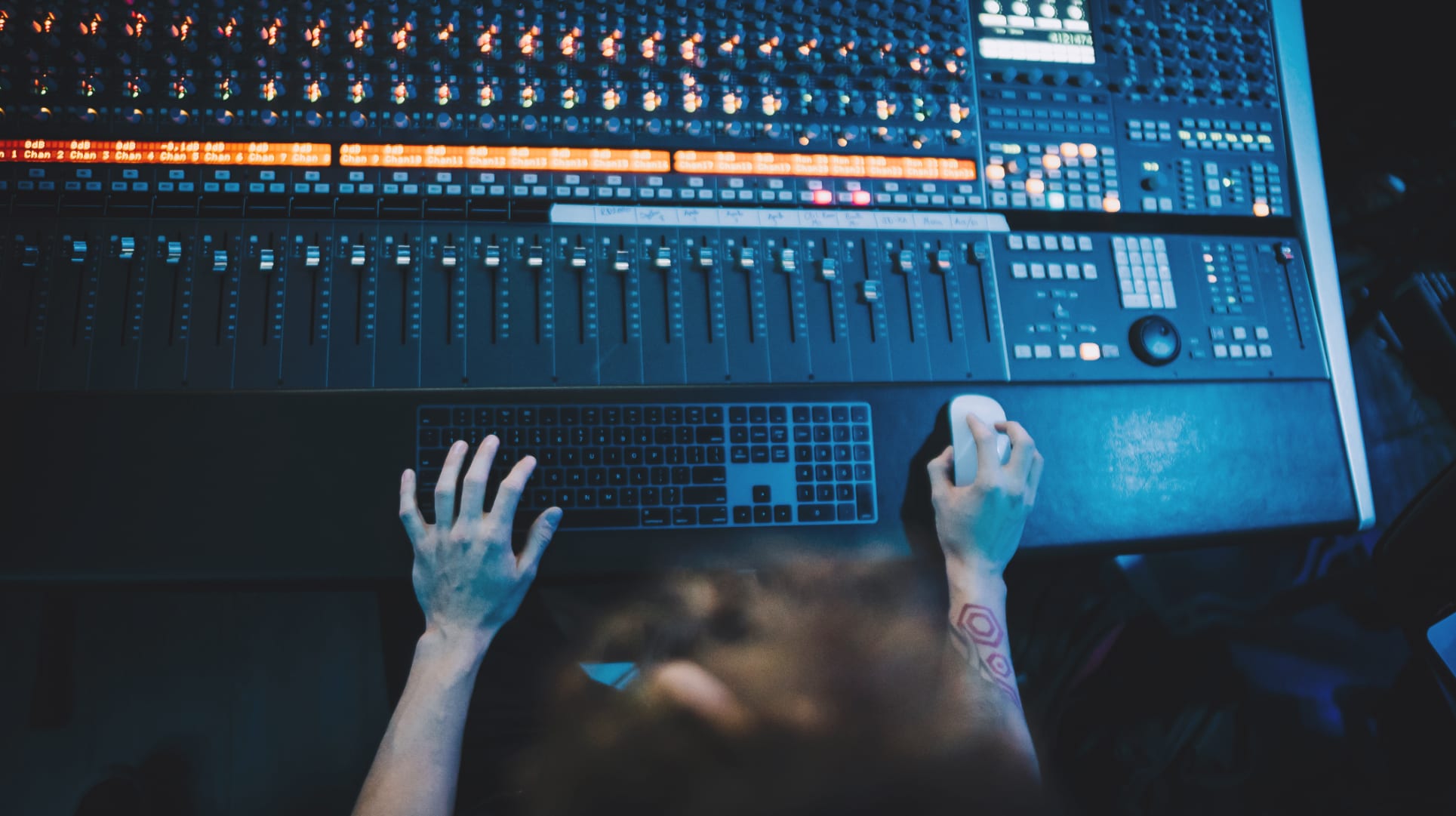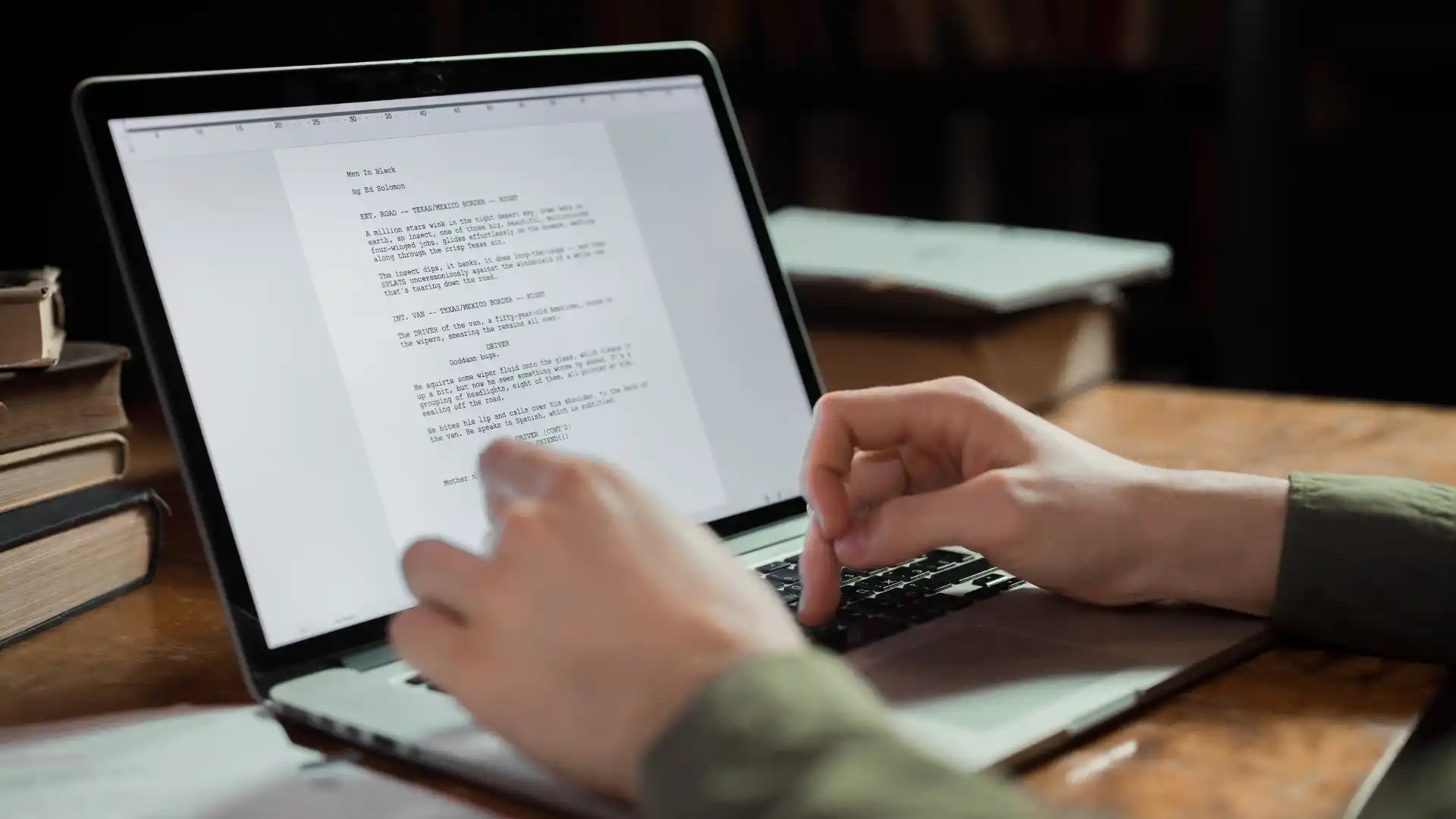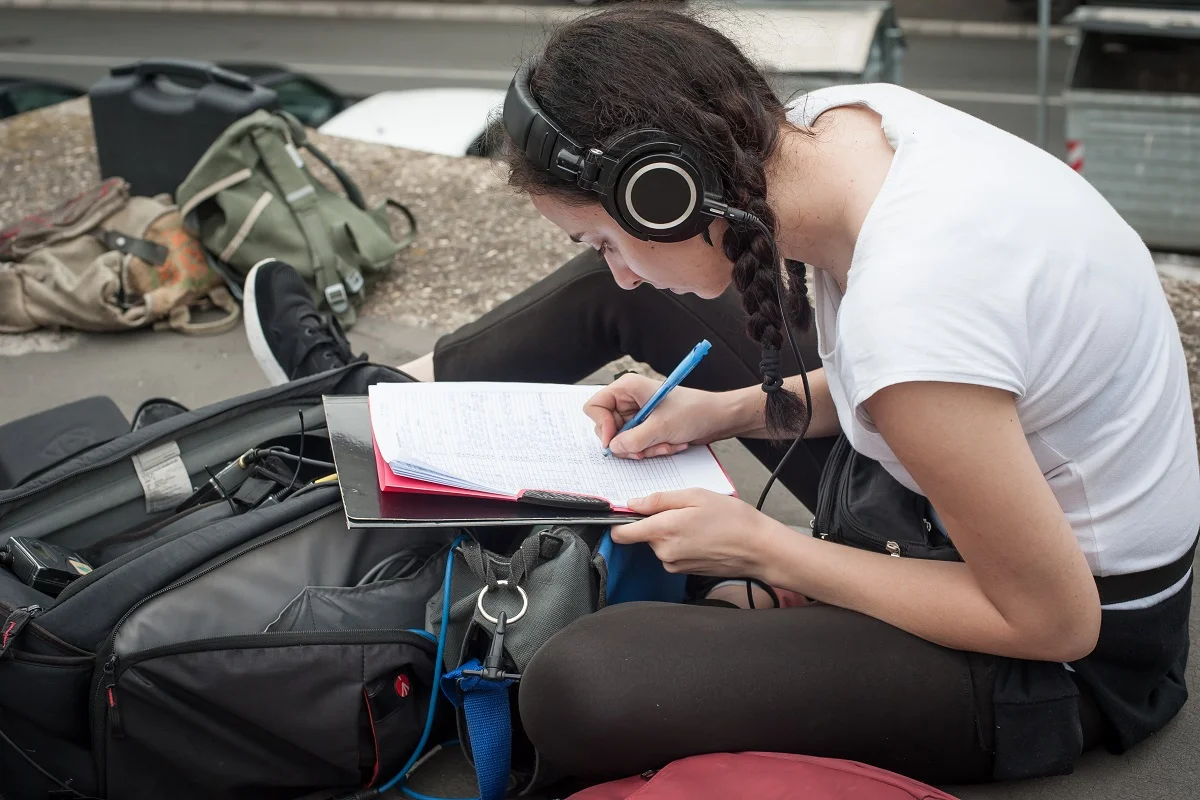Inside the Editor’s Office: Unveiling Journalism Duties
Aspiring journalists often dream of working in the fast-paced and dynamic environment of an editor’s office. The editor’s office is the heart of any newsroom, where decisions are made, stories are shaped, and the final product comes together. But what exactly are the responsibilities of an editor in the journalism industry? In this article, we will take a deep dive into the world of an editor, exploring their crucial role in the newsroom, the skills required to excel in this position, and the various responsibilities they undertake on a daily basis.
1. Managing the Editorial Process
One of the primary responsibilities of an editor is to oversee the entire editorial process. They play a vital role in determining the content that gets published and ensuring its accuracy, relevance, and quality. Editors work closely with reporters, assigning them stories, providing guidance and feedback, and helping them shape their articles. They also collaborate with other editors and proofreaders to ensure that the final product meets the publication’s standards.
2. Setting the Editorial Direction
Editors are responsible for setting the editorial direction of a publication. They work with the editorial team to develop and implement the publication’s vision, mission, and goals. This involves making decisions about the types of stories to cover, the tone and style of writing, and the target audience. Editors also stay informed about current events and trends to ensure that the publication remains relevant and engaging to its readers.
3. Editing and Proofreading
As the name suggests, editing is a core responsibility of an editor. They review articles for grammar, spelling, punctuation, and clarity. Editors also ensure that the content adheres to the publication’s style guide and is free from any factual errors. They may need to rewrite or restructure sentences and paragraphs to improve readability and flow. Additionally, editors are responsible for fact-checking and verifying the accuracy of information before publication.
4. Collaborating with Writers and Journalists
Editors work closely with writers and journalists to help them refine their stories and improve their writing skills. They provide constructive feedback, suggest revisions, and guide writers in developing their ideas. Editors also mentor and support journalists, helping them grow and develop their talents. Effective communication and collaboration are essential for building strong working relationships between editors and writers.
5. Monitoring News Trends and Researching Topics
To stay ahead in the journalism industry, editors must continuously monitor news trends and research various topics. They need to have a deep understanding of current events, social issues, and industry developments. This knowledge allows editors to identify newsworthy stories, pitch ideas to writers, and ensure that the publication covers a wide range of topics. Editors also keep an eye on the competition, staying informed about what other publications are covering to ensure their content remains unique and captivating.
6. Upholding Ethical Standards
Editors play a crucial role in upholding the ethical standards of journalism. They ensure that the publication follows ethical guidelines, such as accuracy, fairness, and avoiding conflicts of interest. Editors may need to make difficult decisions, such as deciding whether to publish sensitive information or protecting the identity of sources. Upholding these ethical standards is essential for maintaining the credibility and integrity of the publication.
7. Managing Deadlines and Workflow
Meeting deadlines is a vital responsibility of an editor. They are responsible for managing the workflow, ensuring that articles are completed on time and the publication meets its publishing schedule. Editors need excellent organizational and time management skills to juggle multiple tasks, prioritize work, and handle last-minute changes. They work closely with the production team to ensure that the final product is ready for publication.
In conclusion, the role of an editor in the journalism industry is multifaceted and demanding. From managing the editorial process to setting the publication’s direction, editors are the driving force behind the creation of high-quality and engaging content. Their responsibilities encompass editing and proofreading, collaborating with writers, monitoring news trends, upholding ethical standards, and managing deadlines. Becoming a successful editor requires a combination of strong writing and editing skills, a passion for storytelling, and a deep understanding of the ever-evolving media landscape. By mastering these responsibilities, aspiring journalists can pave their way to a rewarding career in the editor’s office.
Key Takeaways:
- Editors play a crucial role in the newsroom, overseeing the editorial process and ensuring the accuracy, relevance, and quality of published content.
- They set the editorial direction of a publication, making decisions on story selection, tone, style, and target audience.
- Editing and proofreading are essential responsibilities, ensuring grammar, spelling, and factual accuracy.
- Collaborating with writers and journalists, providing feedback and guidance, helps refine stories and improve writing skills.
- Staying informed about news trends and researching topics allows editors to identify newsworthy stories and keep content relevant.
- Upholding ethical standards, such as accuracy and fairness, is vital for maintaining publication credibility.
- Managing deadlines and workflow requires excellent organizational and time management skills.
To embark on a successful journalism career, it is crucial to develop the necessary skills and knowledge. Consider enrolling in the “NYU | Modern Journalism” online course and certificate program offered by Yellowbrick. This comprehensive program will provide you with valuable insights, practical skills, and industry knowledge to excel in the field of journalism. Take the next step towards your dream career by enhancing your understanding of the responsibilities of an editor and mastering the art of modern journalism.








